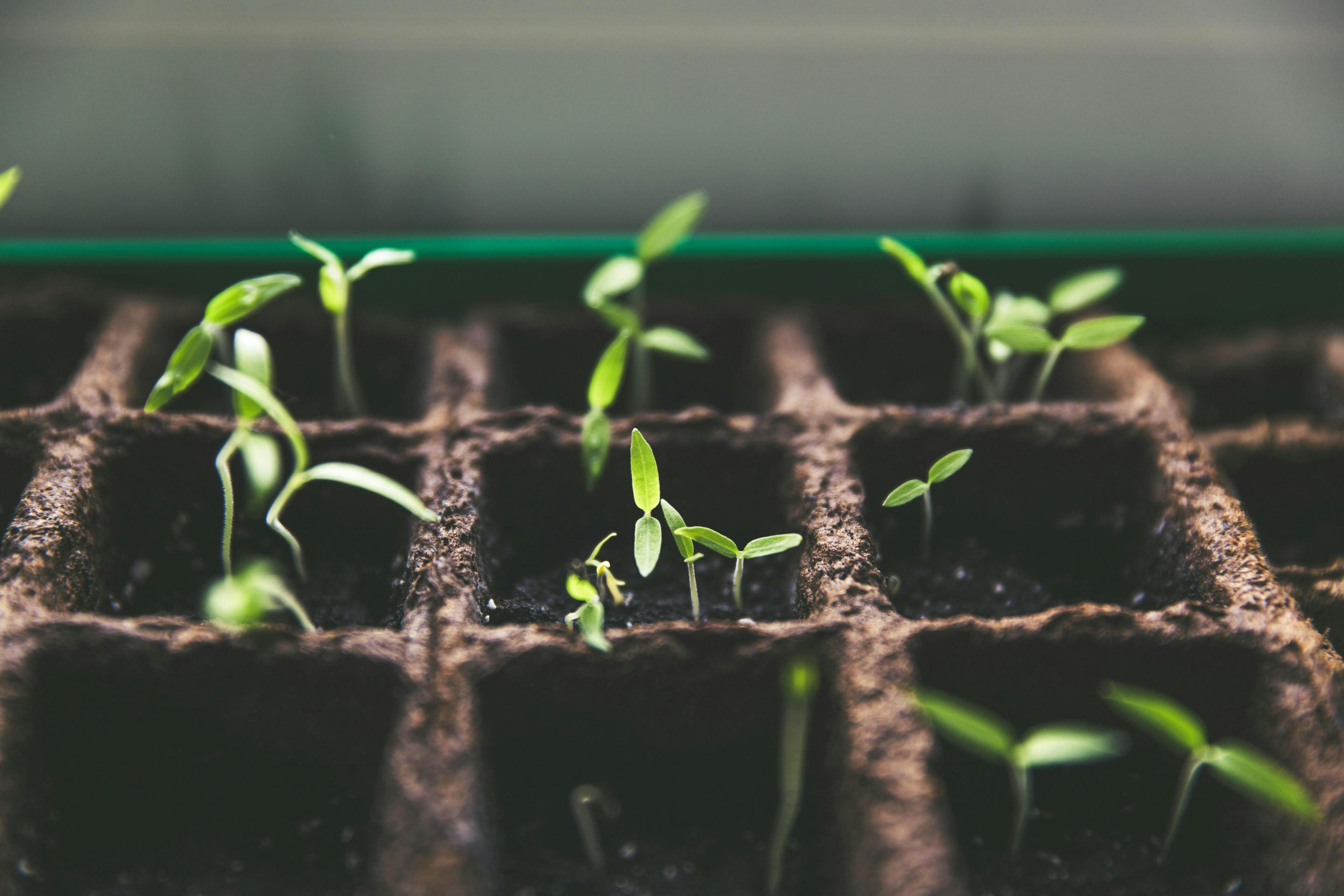Seed Starting Success: Tips for Healthy Germination
Starting seeds can be an exciting and rewarding part of gardening, allowing you to grow a variety of plants from scratch. Whether you're a novice or an experienced gardener, understanding the basics of seed germination is key to ensuring a healthy start for your plants. Here are some essential tips to help you achieve successful seed starting.
1. Choose High-Quality Seeds
- Source Wisely: Purchase seeds from reputable suppliers to ensure high germination rates and plant health.
- Check Viability: Use the float test by putting seeds in water; viable seeds will generally sink.
2. Use the Right Soil Mix
- Light and Sterile: Opt for a seed starting mix, which is lighter and more sterile than regular garden soil, promoting better root growth.
- DIY Mix: You can make your own by combining peat moss, vermiculite, and perlite in equal parts.
3. Provide Proper Containers
- Drainage Is Key: Ensure containers have adequate drainage holes to prevent waterlogging.
- Recycle: Yogurt cups, egg cartons, or paper cups can be great, eco-friendly alternatives to traditional pots.
4. Master the Planting Depth
- Follow Guidelines: Plant seeds at a depth approximately twice their diameter.
- Label Everything: Use labels to remember where and what you’ve planted, especially if managing multiple varieties.
5. Maintain Ideal Temperature
- Warmth is Crucial: Most seeds require a warm environment (65-75°F or 18-24°C) to germinate effectively.
- Use Heat Mats: Placing heat mats under seed trays can help maintain the necessary warmth.
6. Ensure Consistent Moisture
- Keep It Moist: Seeds need consistent moisture to germinate. Use a spray bottle to mist soil lightly without causing erosion.
- Cover Up: Use a plastic wrap or a dome lid to keep humidity in and maintain soil moisture.
7. Provide Adequate Light
- Sunlight or Artificial: Once seeds sprout, they need a lot of light—either from a sunny window or a grow light.
- Avoid Legginess: Ensure light is close enough to prevent seedlings from becoming "leggy."
8. Ventilation and Care
- Air Flow: Good ventilation helps prevent fungal diseases. Open covers once seedlings emerge.
- Gentle Care: Handle seedlings by their leaves, not their delicate stems, when transplanting.
9. Harden Off Seedlings
- Gradual Introduction: Before planting outdoors, acclimate seedlings by gradually exposing them to outside conditions.
- Protect: Use cloches or protective covers if unexpected cold snaps threaten.
10. Consult Experts
If you encounter persistent issues or have specific questions, Mavyn offers both AI and human expert services. Chat with Mavyn GPT or connect with a human expert to get tailored advice and answers to your gardening queries.
Starting seeds successfully requires attention to detail and patience. By following these tips, you can ensure a robust start for your garden. Remember, every plant has its unique needs, so adjust these guidelines based on the specific requirements of the seeds you are planting.
For more personalized advice, don't hesitate to reach out to Mavyn's expert services. Happy gardening!
